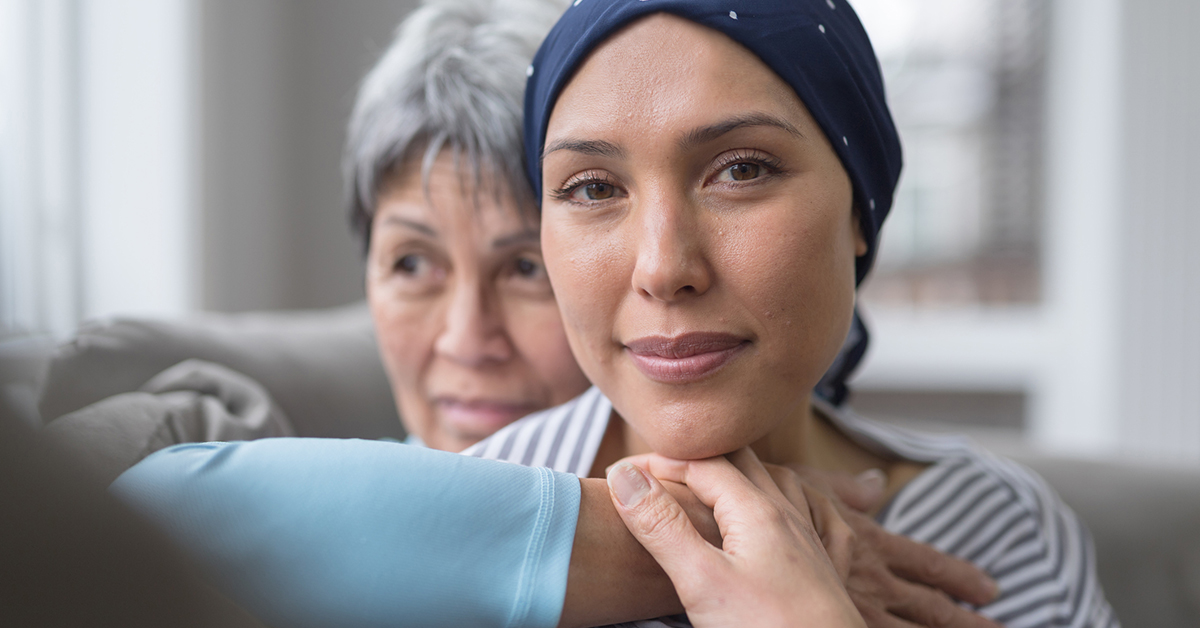
Coping with Cancer’s Impact on Body Image
-
Treatment plans for cancer can help manage or even cure the disease. But those treatments can sometimes alter a patient’s appearance.
Many cancer therapies can cause profound changes to the way people look. Most people are familiar with common chemotherapy side effects like hair and weight loss. But patients can also have scarring from surgery, rashes, or skin changes, as well as weight gain. They may have to wear an ostomy bag or even have a visible body part significantly altered or removed altogether.
Sometimes changes to appearance go away after treatment ends, and other times they’re permanent. Either way, they can leave a patient feeling self-conscious, sad, or somehow “less than” their old self.
“Body image is how we know ourselves and how others first perceive us,” said Paula H. Finestone, PhD, a clinical psychologist at Fox Chase Cancer Center.
If cancer treatments have altered your appearance, finding ways to cope can help you feel more comfortable with yourself—as well as your interactions with others. Here are a few strategies that can make a difference.
Embrace your emotions. You might feel silly for worrying about how treatment has changed your looks. But you shouldn’t.
“It’s OK that these feelings are coming up,” said Beth C. Smith, DNP, CRNP, PMHNP-BC, a psychiatric-mental health nurse practitioner at Fox Chase. “You’re allowed to have a sense of loss for what was before.”
Be active. Exercise can help you feel more energetic during and after treatment—and it can allow you to appreciate all of the things your body is still capable of doing.
“It helps you acknowledge that you’re more than the piece you may be struggling with,” Smith said.
Try something different. Learning a skill or hobby can be a big confidence booster. Find new ways to fill your time, especially if you’re unable to do some of the activities you used to enjoy.
Connect with others. Consider going to a support group for people with your same type of cancer. Talking with others who’ve gone through the same thing as you can remind you that you’re not alone. Group members might have ideas for coping with the body changes you’re dealing with too.
Do what works for you. Some patients choose to wear wigs, get tattoos to downplay their scars or celebrate their survivorship, or have reconstructive surgery. Others would rather let their appearance be what it is. All of these choices are equally valid, so think about what would make you feel the most comfortable in your own skin.
“Your decisions are personal, and your friends and family members should respect them,” Finestone said.
Have a ready response. People might make comments or ask questions about your appearance—but you don’t have to engage them. If you’d prefer to not talk about your appearance or treatment, a simple “thanks for your concern,” works just fine, Smith said.
Know that you’re the same person. Cancer treatment may change the way you look on the outside. But it doesn’t change who you are on the inside.
“I try to reassure people that they’re more than their body,” Finestone said. “And that the people who care about them the most care about the person inside.”
